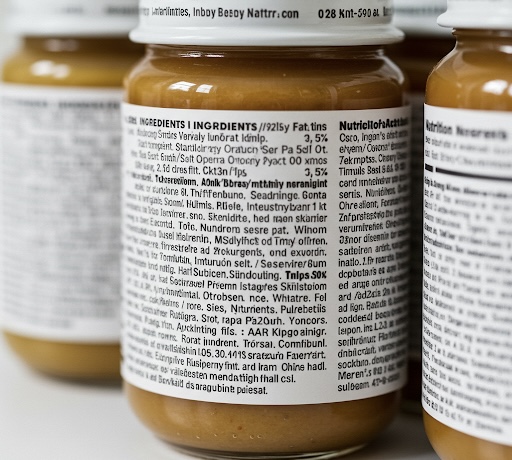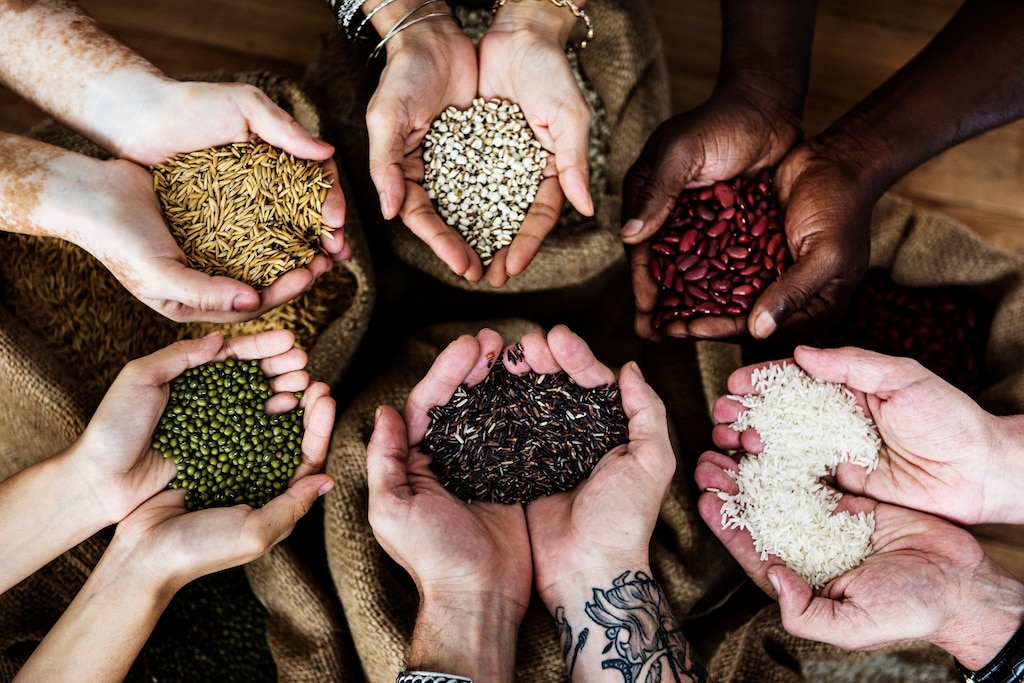The facts are stark. Indeed, UK markets are flooded with ultra-processed baby food. This isn’t a small issue, in fact it carries potentially devastating consequences for our children’s health and their future well-being. Shockingly, UK infants and toddlers eat a greater proportion of these heavily manufactured products than their counterparts in the US and Australia, a statistic that demands closer scrutiny and urgent attention.
The Clear Reality, Backed by Evidence
The high number of ultra-processed foods UK toddlers consume is, in short, a documented worry. What exactly do these seemingly innocent foods contain? Commercial baby foods often cleverly hide unwelcome ingredients that parents might never knowingly choose. For instance, scientific studies classify many baby biscuits and snacks as ultra-processed offering minimal nutritional value while potentially causing harm. Companies often use sophisticated and misleading marketing tactics that subtly obscure these underlying dangers, preying on the natural concerns of new parents trying to do their best for their children. This lack of transparency prevents informed choices.

What Our Children Pay For This
Eating ultra-processed foods early in life increases the risk of obesity and related health problems later on.These aren’t minor risks, they represent a threat to the quality of life of our children. These foods can also change how their taste develops, leading to fussy eating habits. Beyond taste, artificial ingredients present in many ultra-processed baby foods can also harm the fragile balance of bacteria in their developing guts—potentially impacting their overall immunity.
This isn’t about assigning blame on overwhelmed parents. Rather, it’s about the broader food environment we’ve created for our children. We need to ask: are we truly putting their long-term health first, or are we letting convenience and clever marketing strategies hide a dangerous truth? Ultimately, the evidence demands we pay close attention to what we’re truly feeding our youngest generation.





